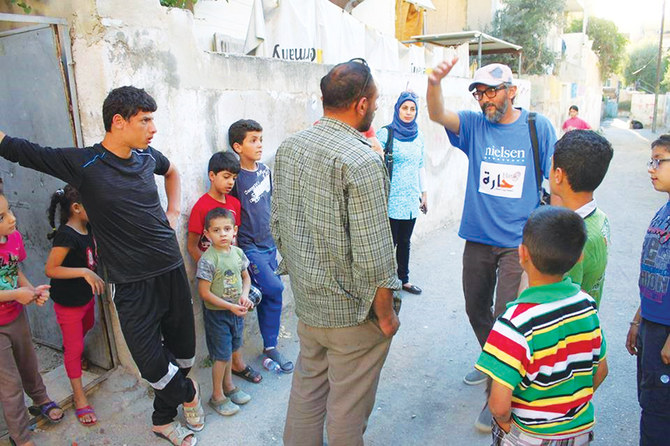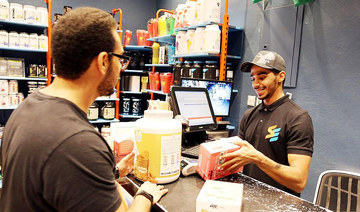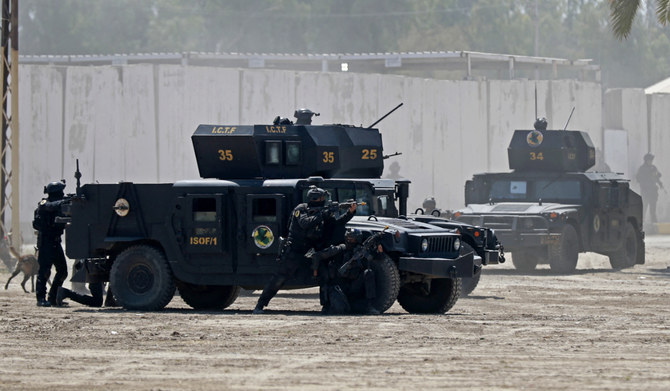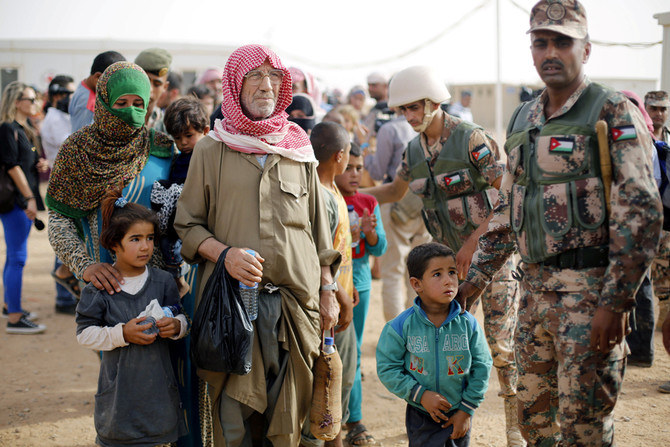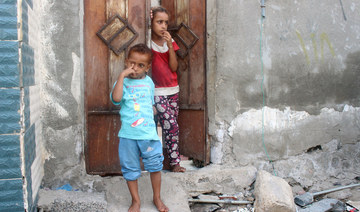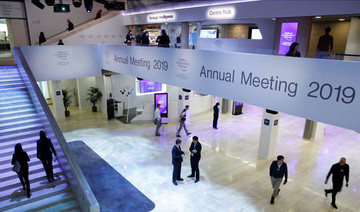CAIRO: A local initiative in Jordan is rejuvenating neighborhoods in the kingdom’s capital, bringing together communities and encouraging residents to work collectively to improve their environment.
The Harra, an NGO which translates into “neighborhood,” has so far renovated five areas in Amman under the guidance of its founder, the social entrepreneur Mohammed Abu Amerah.
When Abu Amerah returned to Jordan after many years away in 2005, he was saddened to find his local community in disarray — epitomized by ugly concrete boxes and overflowing litter — and quickly decided to take action to reinvigorate the local area.
Abu Amerah believes that traditional “harra” life in Jordan has been compromised by Amman’s explosive growth, as it struggles to contain growing numbers of refugees from across the country’s borders.
“A class system has developed, encouraging discrimination and degradation of the community,” he said.
Abu Amerah said he was spurred into action when he heard the news that his neighbor had been shot at in a dispute over a parking space.
“The idea for Harra came to me slowly. I saw that the lack of elegant structures in the community reflected not just the public space, but also created a negative psychological space among inhabitants.”
The Harra founder said that worn-out built environments not only lack “function” but also breed discontent, insecurity and even violence.
Abu Amerah has since created a Harra “identity plan” which he uses as a guide to breathe life and renewed confidence into communities.
The Harra rejuvenation strategy, which is funded by Jordanian aid, is based around physical, environmental, educational and social aspects – which are then mobilized into the community.
It has taken Abu Amerah 12 years to successfully rejuvenate five harras in Amman: Al-Ashrafiyah, Yarmouk, Jabal Jouffah, Al-Nasr and Wihdat refugee camp, which are some of the most deprived areas in the Jordanian capital.
The Harra Initiative brings neighborhood residents together to develop and implement rehabilitation projects that address common problems.
“The rehabilitation projects ultimately lead to improving the living conditions in the neighborhood,” said Abu Amerah.
The main drive in Harra is the community itself and the need to show members of the locality how to use their power to change their own lives and those of their children and their neighborhood.
This starts with the physical rebuilding of the neighborhood, including the renovation of walls and streets, adding address numbers to houses and collecting garbage, which lasts between 12 and 14 months. But the purpose of this phase is also to build social nets in the Jordanian community.
The process of rehabilitation brings with it the creation of neighborhood associations, the establishment of recycling and energy saving projects or creating ways of generating income.
“The methodology rests on a community participatory approach, which unlocks residents’ own innovative thinking and creative energies,” said Abu Amerah. “Harra interventions are designed to foster a sense of accountability and collective ownership.”
The social entrepreneur said the benefits of the Harra programs have been very tangible. “The programs have provided the initial motivation and leadership needed to inspire change within each targeted community.
“They have also promoted recognition and sensitivity towards social, behavioral processes, cultural and economic diversity.”
Abu Amerah said that reclaiming the public space has helped to reduce violence, created a community voice and promoted social cohesion and resilience among communities.
“Creating the sense of collective ownership among residents was the biggest challenge of all,” Abu Amerah said.
“We have successfully created the voice of harra to address and influence the issues that shape our reality and future in all aspects.”
• The Middle East Exchange is one of the Mohammed bin Rashid Al-Maktoum Global Initiatives that was launched to reflect the vision of the UAE prime minister and ruler of Dubai in the field of humanitarian and global development, to explore the possibility of changing the status of the Arab region. The initiative offers the press a series of articles on issues affecting Arab societies.



